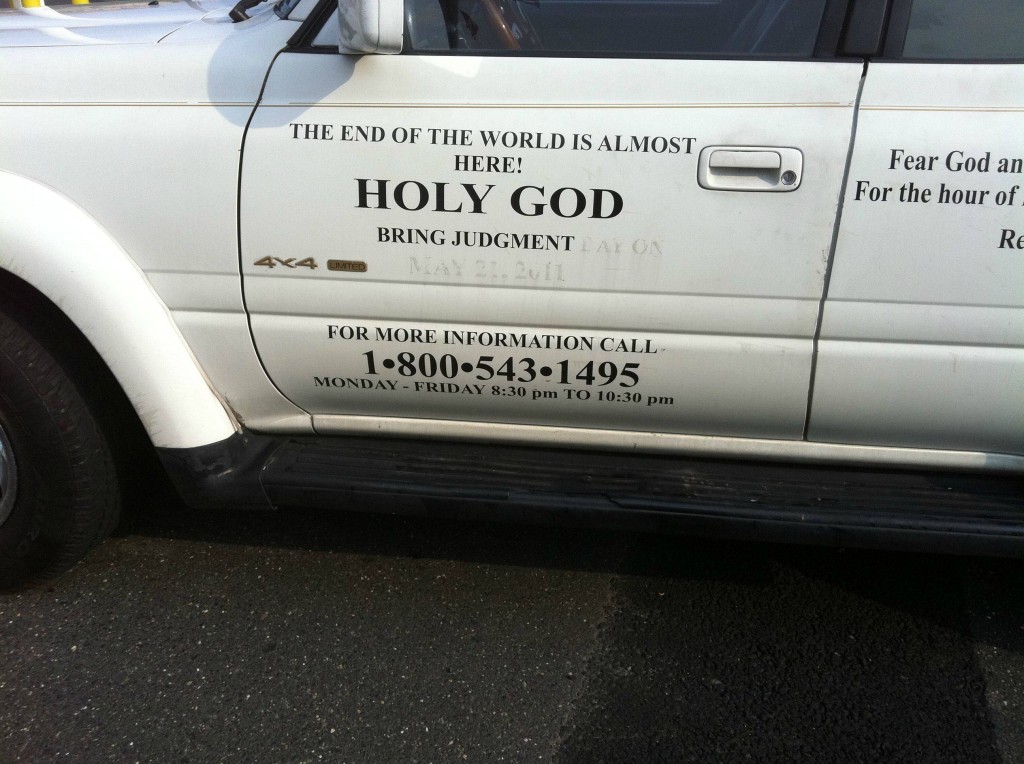With great accent comes great responsibility
 While we’re on the subject of great power and responsibility, I just wanted to share with you a recent post I saw over at “Stuff Christians Like” entitled People who pray with British accents:
While we’re on the subject of great power and responsibility, I just wanted to share with you a recent post I saw over at “Stuff Christians Like” entitled People who pray with British accents:
“When I hear someone pray with a British accent, they sound like it’s coming out of their mouth in cursive…”
– John Acuff
Having an English accent in America is something of a blessing and a curse.
It’s constantly assumed that I’m from Australia. I’m regularly asked to repeat myself while on the phone because people can’t understand what I’ve said. I’m often asked if I know so-and-so who lives in London. I regularly have to explain the difference between England, the UK and Great Britain.
On the plus side, people assume that I’m more intelligent than I actually am…

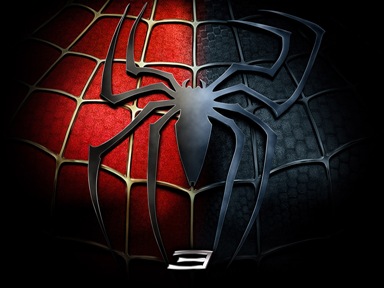

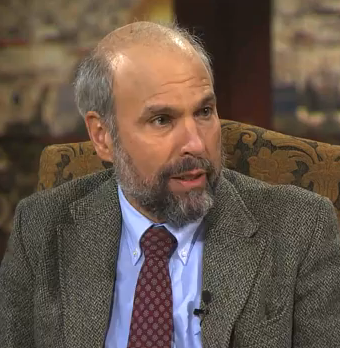 How Hebrew is your Faith? I think that within Christianity there is always this
How Hebrew is your Faith? I think that within Christianity there is always this 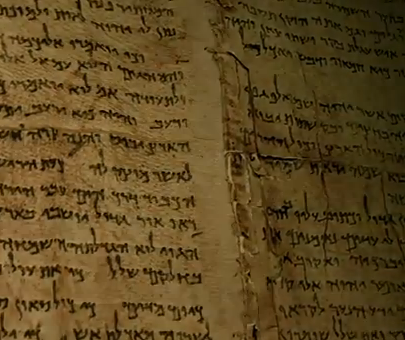 Once I had accepted employment at Cynergy Systems in the US, I visited San Diego for a week to try and get a sense of what it would be like to live in America. While I was there I found out that the
Once I had accepted employment at Cynergy Systems in the US, I visited San Diego for a week to try and get a sense of what it would be like to live in America. While I was there I found out that the 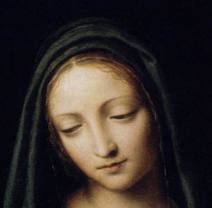 The Catholic Faith has always sought to express itself through art and music to communicate its beauty. Even at times when my theology wasn’t exactly Catholic, I remember being drawn to certain pieces of Catholic music such as
The Catholic Faith has always sought to express itself through art and music to communicate its beauty. Even at times when my theology wasn’t exactly Catholic, I remember being drawn to certain pieces of Catholic music such as 
